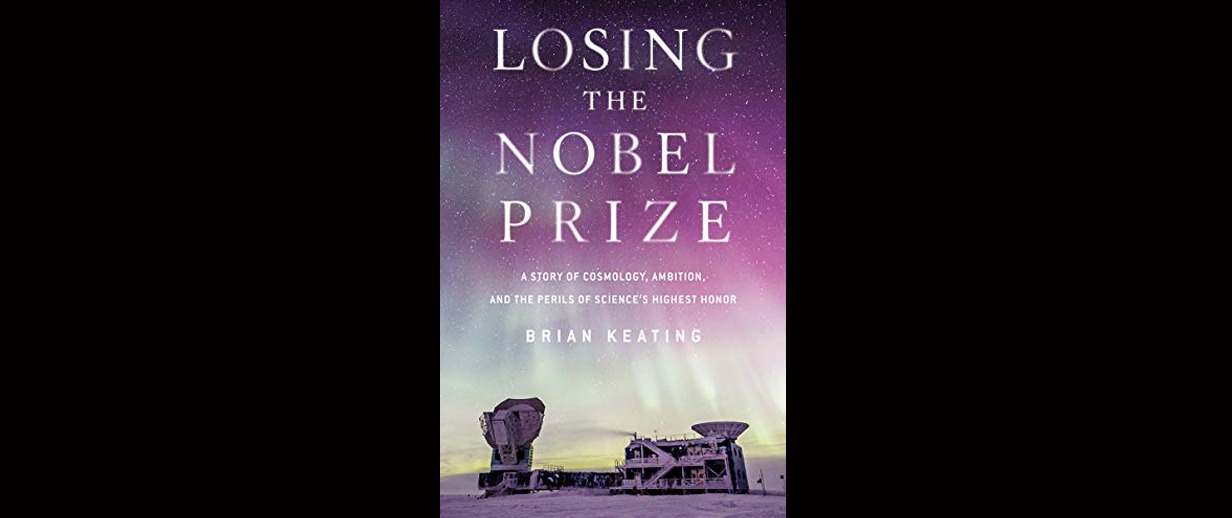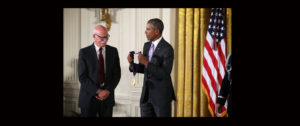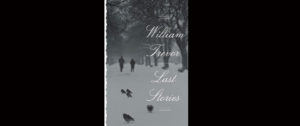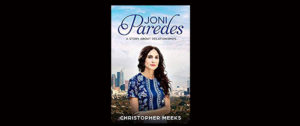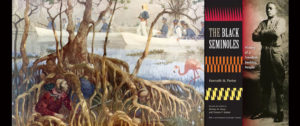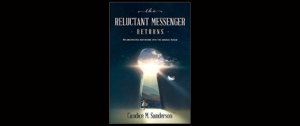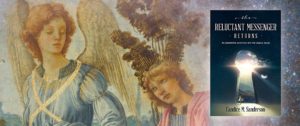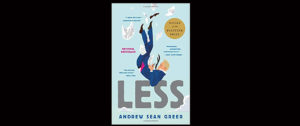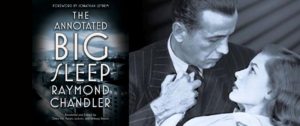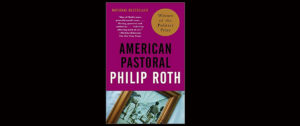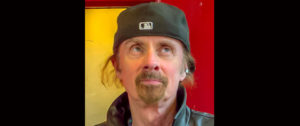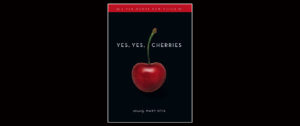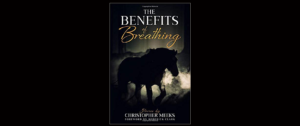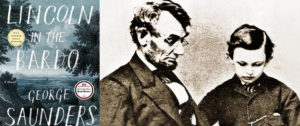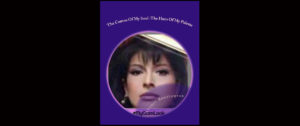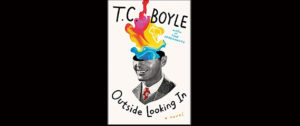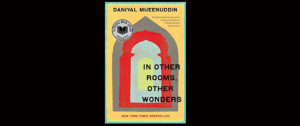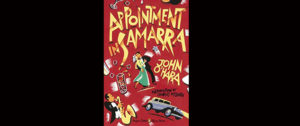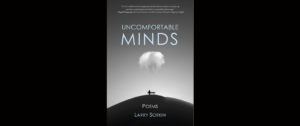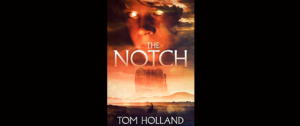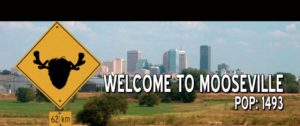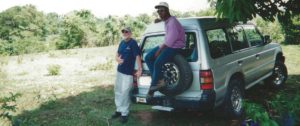Reviewed by James Victor Jordan : Five Stars!
Paul Gauguin famously inscribed on his best-known painting its title: D’où Venons Nous/ Que Sommes Nous/ Où Allons Nous—Where Do We Come From? What Are We? Where Are We Going? For eons, from perspectives of faith, empiricism, and theoretical cosmology these questions have puzzled, fascinated, and inspired people of every known culture. From the earliest days when humans first walked the earth, the first question — where do we come from? — has been of special interest to stargazers.
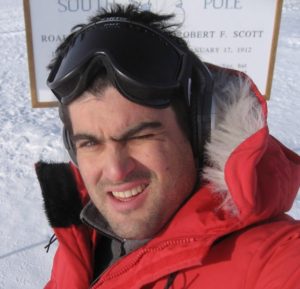 Few stargazers have devoted their professional lives to a search for physical evidence of the origins of the universe. One such person, a stargazer from the time of his early memories, is Brian Keating, author of Losing the Nobel Prize. Perhaps the most famous stargazer was Dr. Keating’s boyhood hero: the Italian astronomer and builder of telescopes, Galileo di Vincenzo Bonaulti de Galilei.
Few stargazers have devoted their professional lives to a search for physical evidence of the origins of the universe. One such person, a stargazer from the time of his early memories, is Brian Keating, author of Losing the Nobel Prize. Perhaps the most famous stargazer was Dr. Keating’s boyhood hero: the Italian astronomer and builder of telescopes, Galileo di Vincenzo Bonaulti de Galilei.
In 1609, Galileo pointed an eight-powered telescope of his own design and manufacture at Jupiter. What he saw could not be seen with the naked eye—Jupiter’s four largest moons as they existed ninety minutes earlier, the time it takes for light to travel from the sun to Jupiter added to the approximate time it takes the reflected light to travel back to earth. Similarly, when we see stars, or planets, or moons—any celestial objects—whether through a telescope or with the naked eye, what we really see is those objects as they existed in the past. Thus telescopes are time machines, revealing more of the universe than we otherwise could observe.
Inspired by and following in Galileo’s footsteps of celestial discovery, Brian Keating’s career in experimental astronomy includes building telescopes designed to discover whether the universe had an origin, a moment of inception, a moment when time began, a moment that is colloquially and scientifically referred to as the Big Bang: a singular primordial cataclysm from which an infinitely hot and infinitely dense state where time stood still was rapidly changed into an expanding (inflating) state of, literally, astronomical proportions. A telescope he co-designed-BICEP—was created and deployed to the South Pole to discover evidence to support the Big Bang theory.
What would this observable evidence look like, what would it be? Losing the Nobel Prize elegantly and beautifully answers this question in prose that enables the lay reader to comprehend the science and appreciate stories of explorations that take the reader back in time, back toward the birth of the universe. In a word, however, we learn that this evidence would look like
B-modes, patterns of very faint swirling polarized electromagnetic waves imprinted on cosmic microwaves by primordial gravitational waves. The seeds of gravitational waves—vacuum fluctuations—and later full-blown gravitational waves were created by inflation before the universe was one second old. Thus, detection of B-modes would prove the existence of the gravity waves that were necessary to imprint them on the primordial cosmic microwaves, and the existence of gravity waves would prove the existence of the inflation necessary to create them. This should give you a feeling for the magnitude of what a discovery of B-modes would mean. In Dr. Keating’s words in Losing the Nobel Prize, discovery of B-modes would be a ticket to Stockholm (where Nobel Prizes are awarded each December.)
On rare occasions when I have finished reading a book, with a sense of wonder and intrigue, with love for the story, the characters, and the writing, I have immediately turned back to page one and begun reading it again. Dreams From My Father by Barack Obama was one of these books. Steve Jobs by Walter Isaacson was another. That I had this experience of wanting right away to read Losing the Nobel Prize a second time places it in my life in rarefied company, illustrating my highest recommendation to other readers of autobiography or memoir or of the history and philosophy of science. If you enjoyed The Grand Design by Stephen Hawking and Leonard Mlodinow (or any of their books) or The Hidden Reality by Brian Greene (or any of his books) or Einstein or Steve Jobs or The Innovators by Walter Isaacson, then Losing the Nobel Prize without question is a book you will be glad you read.
But Losing the Nobel Prize is much more than the Hawking-Mlodinow or the Brian Greene books just mentioned. It is more like Black Holes and Time Warps by Kip Thorne in that it is an exceptional story about the evolution of astrophysics in which the author becomes or is a character. It is more personal, more intertwined with stories of the scientists making scientific history that a reader will find in most other popular astrophysics books written for a lay audience. It is what in literature is known as a closed-ended story: the reader knows the outcome (Brian Keating has not yet won a Nobel Prize). The excitement and intrigue is in the journey toward a known destination. Reading Losing the Nobel Prize is riveting suspense as the clock ticks down in the unfolding of a high-stakes science drama.
The subtitle of Losing the Nobel Prize is: A Story of Cosmology, Ambition, and the Perils of Science’s Highest Honor. Losing the Nobel Prize includes these topics and much more. It is also a story of family, familial love, and faith, a telling of the lives and discoveries of some of the greatest astronomers and astrophysicists of past centuries and of this one. It is a non-fiction bildungsroman of the author, who as a boy became enamored of and determined to follow in the footsteps of Galileo as an inventor and builder of telescopes. It is a story of Alfred Nobel and his bequest that established the Nobel Prize in physics. It tells the stories of extraordinary accomplishments of scientists who sought and who were denied the prize. And of course, it tells stories of some of those very few physicists who became Nobel laureates.
The book is written with humility, wit, and insight. It is told with cognizance of irony and humor. It is a story of contemporary cosmology. It is a tale of inspiration and one of caution. It is a lesson in the perils of confirmation bias. It tells stories of journeys of immeasurable worth. The writing is simply gorgeous.
Brian Keating earned his PhD at Brown University. He completed his Post-Doctoral studies at Caltech. Today he is a Distinguished Professor of Physics at the Center for Astrophysics & Space Sciences in the Department of Physics at the University of California, San Diego.
You can discover and enjoy Professor Keating’s website here. Dr. Keating’s website has a link to his awesome podcasts. As I write this review there are 39 of them published there. Or you can access his podcasts directly by selecting this link. He also has a You Tube channel, or if you’re interested in book trailers or an hour lecture about Losing the Nobel Prize, you can find those here.

